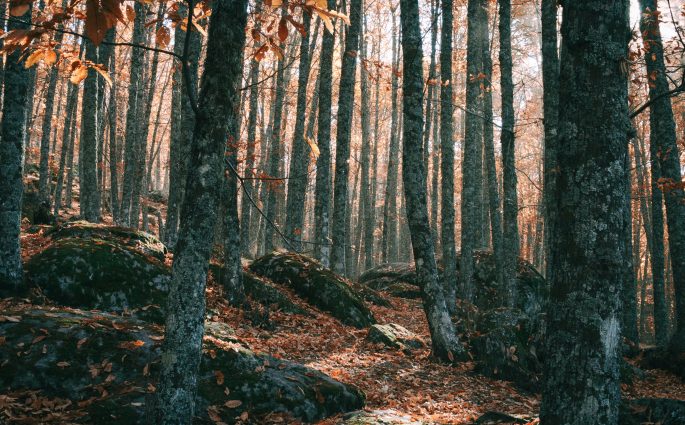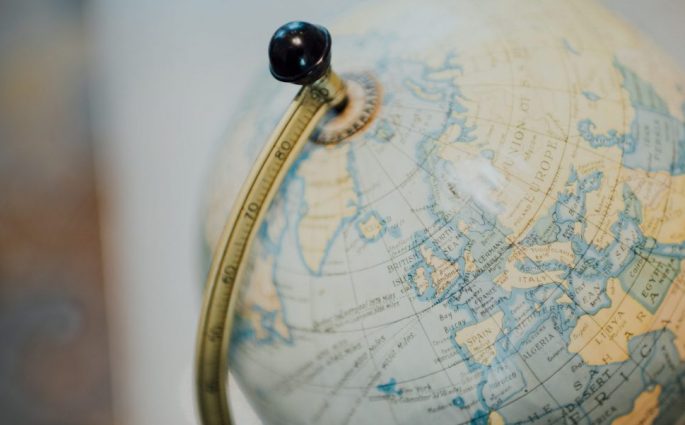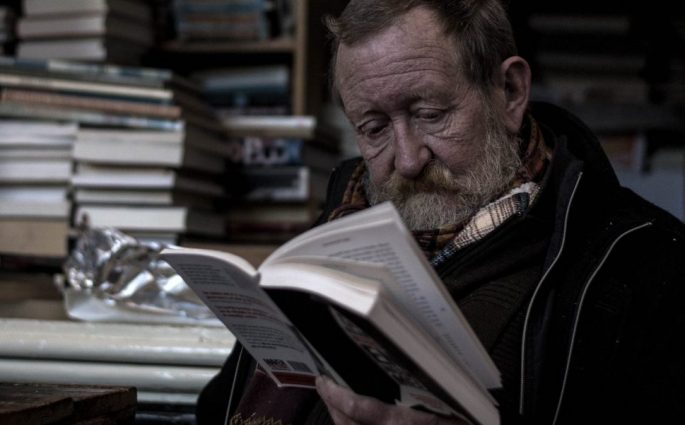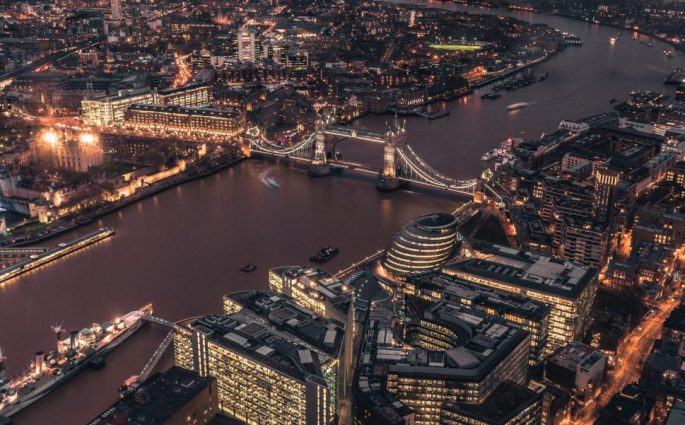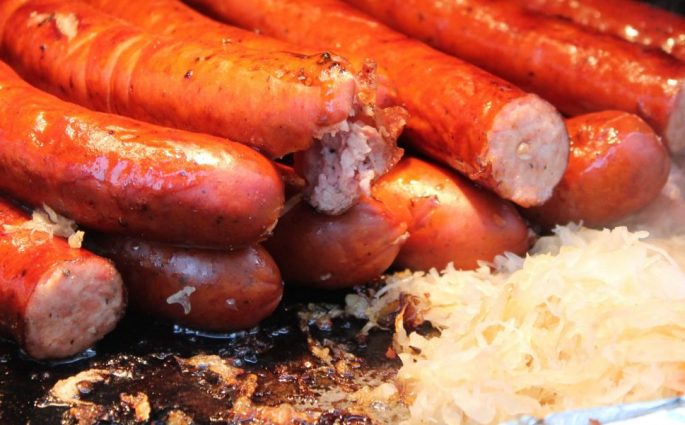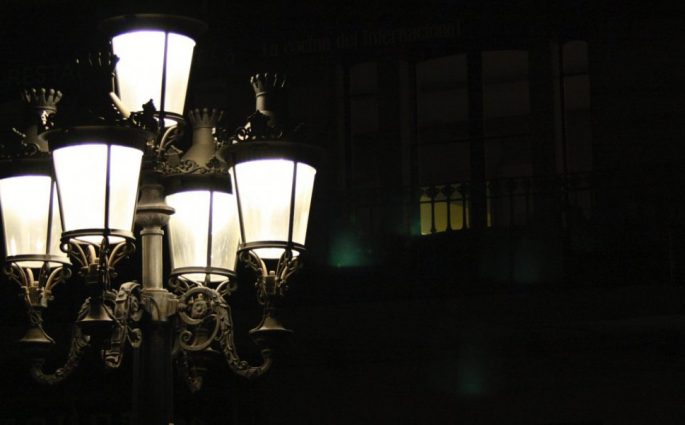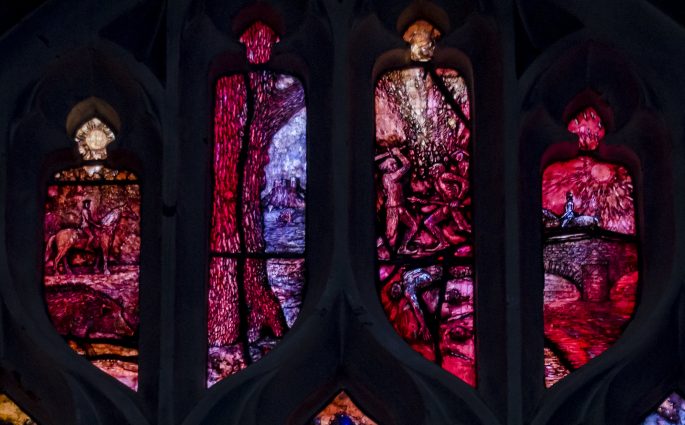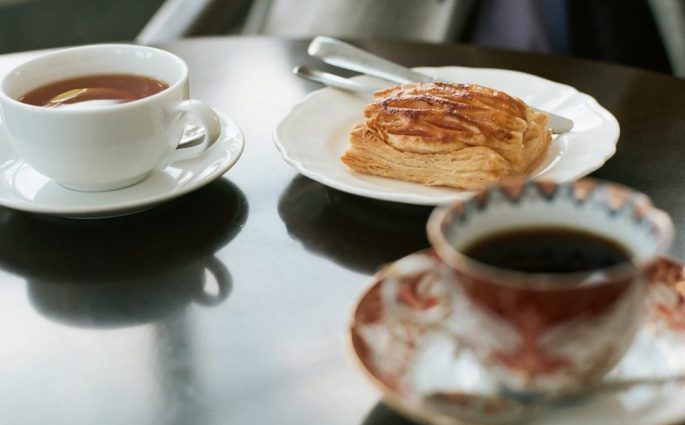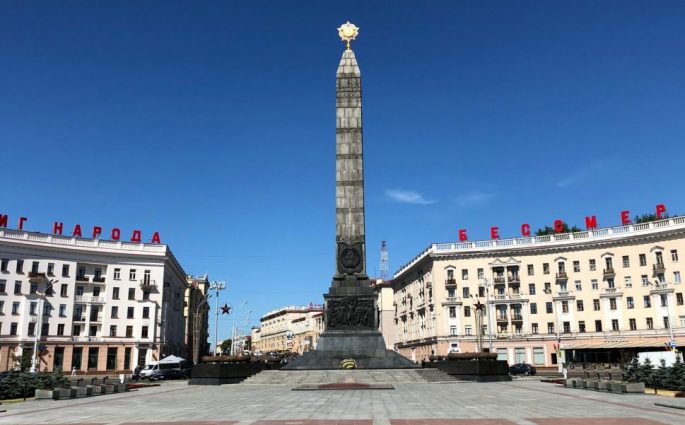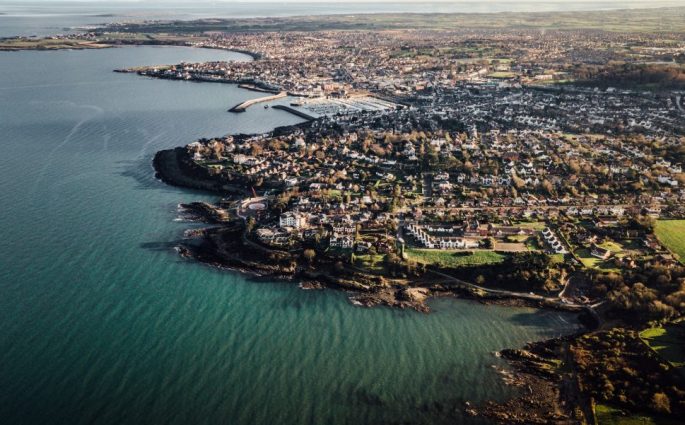COP26: THE PROBLEM OF RESOURCES IN EARLY MODERN TIMES
Henry Kamen, author of Early Modern European Society, recounts the debate over resources and the themes of conservation taking root across Europe in early modern times. These issues are still relevant today to the debates arising from COP26. Environmental Issues in Preindustrial Europe Among the most serious environmental issues in preindustrial

